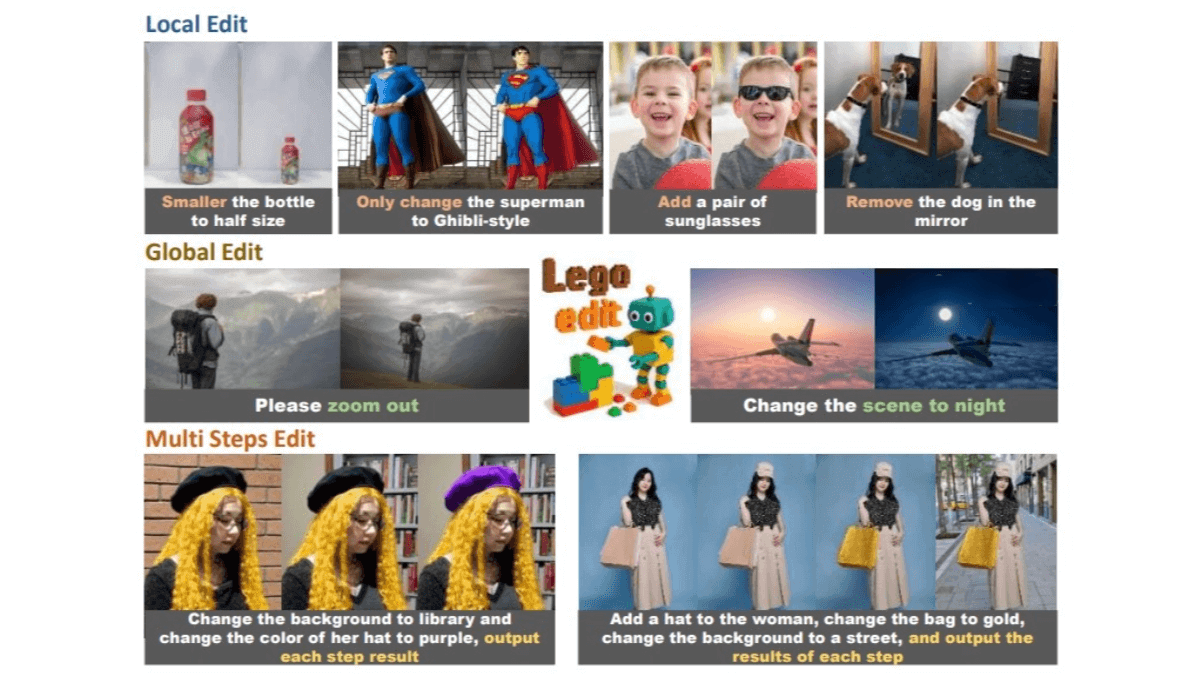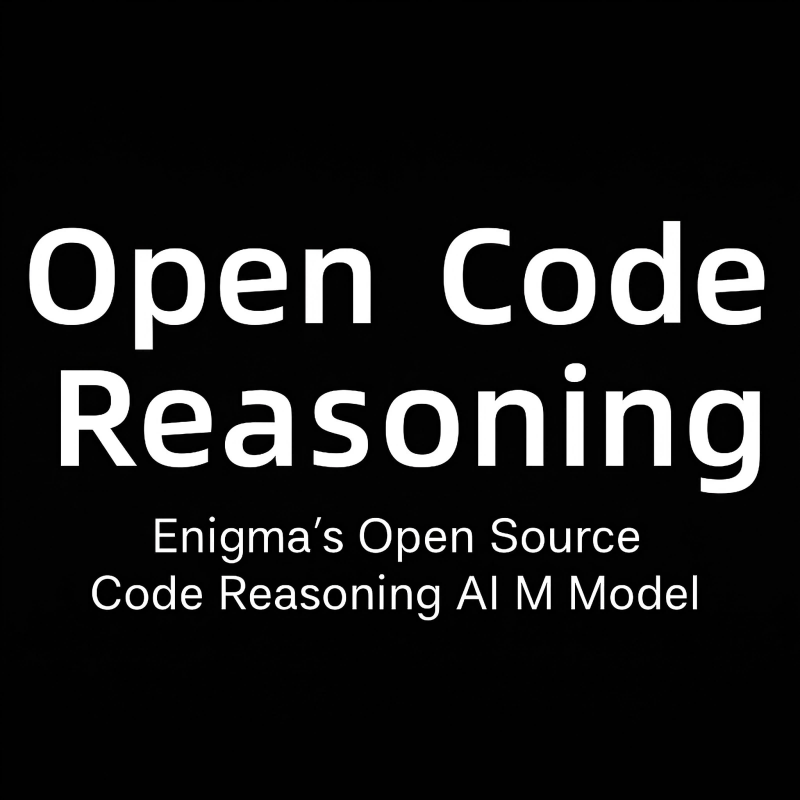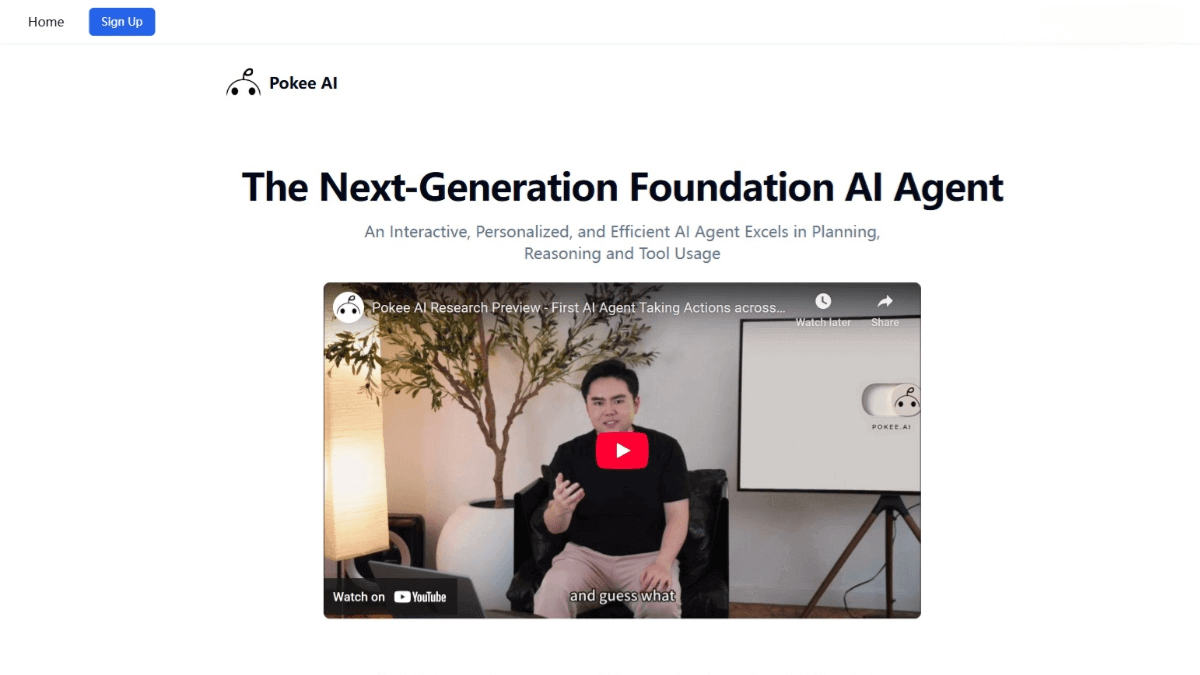OpenAI’s AI in the Enterprise highlights real-world applications and success stories of AI adoption in business. Drawing on case studies from seven leading companies—including Morgan Stanley, Klarna, and Lowe’s—the document distills seven core strategies for effectively implementing AI in enterprise settings. These strategies include starting with rigorous evaluation, embedding AI into products, investing early and iterating, customizing models, empowering domain experts, freeing up developer capacity, and setting bold automation targets.
OpenAI emphasizes an iterative development approach to AI adoption, combining an experimental mindset with robust evaluation, and focusing on high-return use cases. The results are substantial: AI has significantly improved operational efficiency (e.g., Klarna’s customer service response times reduced by 80%), enhanced user experiences (e.g., a 13% increase in job match rates at Indeed), and delivered strong business value.
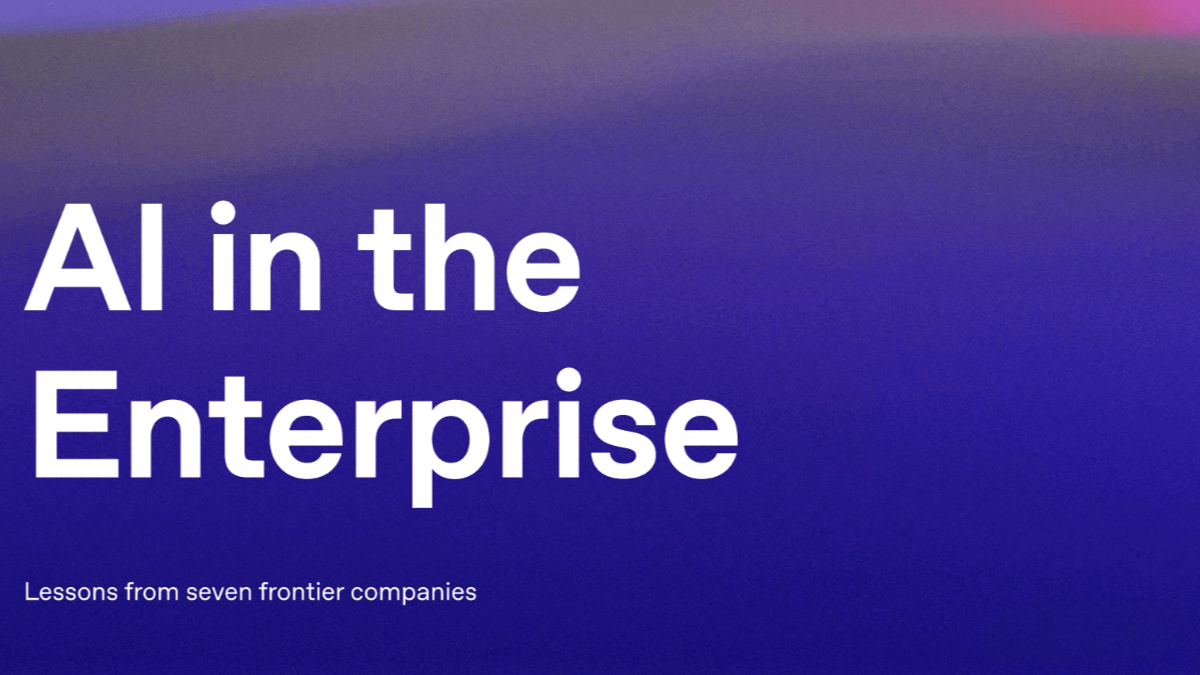
AI in the Enterprise
OpenAI collaborates with global companies to integrate AI into complex workflows and systems—driving performance gains, automation, and enhanced product experiences. The most successful companies treat AI as a new paradigm, adopting an experimental, iterative approach to unlock value quickly.
Three Key Impact Areas of AI in Enterprises:
-
Work Performance Improvement: Empowering employees to deliver higher-quality work in less time.
-
Process Automation: Freeing people from repetitive tasks to focus on creating value.
-
Enhanced Product Experiences: Delivering more relevant, responsive, and personalized customer interactions.
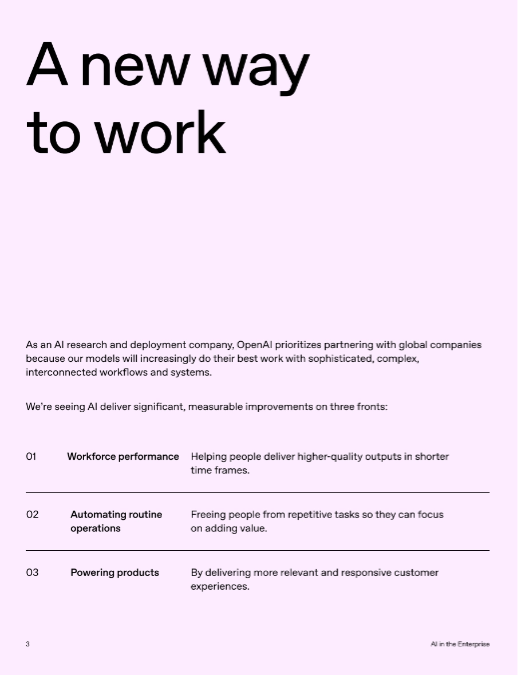
Our Approach: Iterative Development
OpenAI’s efforts span research, application, and deployment teams. The company uses iterative deployment to rapidly learn from real-world use cases, accelerate product improvements, and give users earlier and more frequent access to AI advancements—while user feedback actively shapes future products and models.
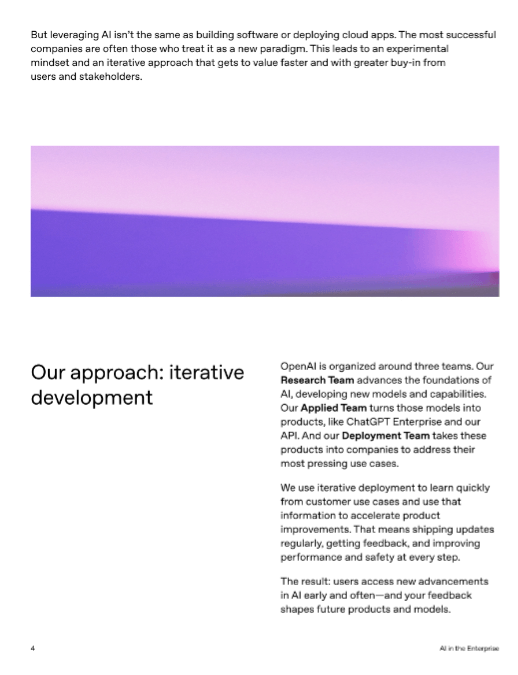
Seven Key Lessons for Enterprise AI Success:
-
Start with Rigorous Evaluation
Example: Morgan Stanley
Morgan Stanley developed a rigorous evaluation process to assess AI model performance in specific use cases, ensuring quality and safety. As a result, 98% of their financial advisors now use OpenAI daily, significantly improving productivity and client relationship management. -
Embed AI into Products
Example: Indeed
The world’s largest job site integrated GPT-4o mini to enhance job matching. AI-generated, human-friendly explanations for recommendations led to a notable increase in applications and employer success rates. -
Invest Early and Iterate Continuously
Example: Klarna
Klarna introduced an AI assistant early on to optimize customer service. Continuous testing and refinement resulted in a dramatic boost in service efficiency, profitability, and internal AI literacy. -
Customize and Fine-Tune Models
Example: Lowe’s
Lowe’s fine-tuned OpenAI models to address incomplete or inconsistent product data. This improved label accuracy, error detection, and search quality in its e-commerce platform. -
Empower Experts to Drive AI Use
Example: BBVA
BBVA enabled employees to discover AI-driven solutions in their domains. The bank saw measurable improvements in credit risk assessments, legal Q&A, and customer support.
Case Highlight: BBVA employees created 2,900 custom GPT tools; the legal team alone handled 40,000 policy queries annually using AI. -
Free Up Developer Capacity
Example: Mercado Libre
Latin America’s largest e-commerce and fintech firm partnered with OpenAI to build Verdi, a platform layer for developers. It accelerated AI app development, enhancing inventory management, fraud detection, and product content customization. -
Set Bold Automation Goals
Example: OpenAI (Internal)
OpenAI built an internal automation platform that deeply integrated AI into workflows, significantly boosting support team productivity and freeing staff to focus on high-impact work.
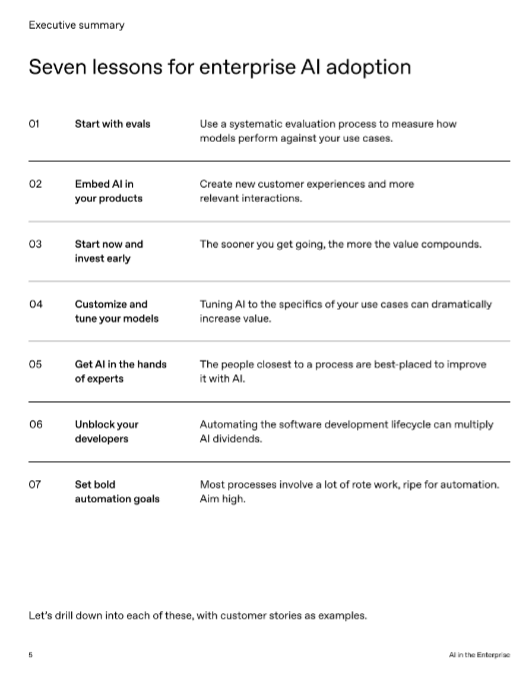
Conclusion
AI adoption is delivering widespread improvements across industries. Successful companies embrace open, experimental mindsets, combined with strong evaluation and safety practices. They focus on high-ROI, low-effort use cases and apply learnings iteratively—resulting in faster, more accurate processes, more personalized customer experiences, and more meaningful work for employees.
Related Posts

